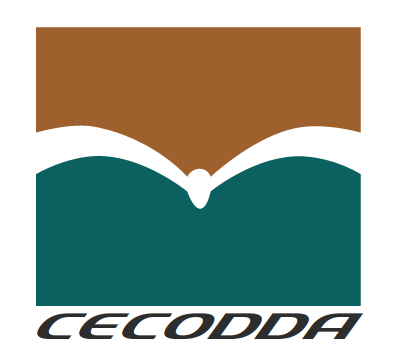Programme presentation
The TradeCom II programme has been conceptualized as a unique tool built on the foundation of the Trade.Com Facility and on the experience of the ACP Multilateral Trading System (MTS) programme. The two Programmes were implemented during the period of 2004 to 2012 and 2009 to 2014 respectively.
The two programmes underlie the two-fold thematic focus of the TradeCom II Programme: the multilateral trade issues (sub-component 1.3 in that cart below), and the regional and national trade issues (sub-components 1.1, 1.2, 1.4 and 1.5 in the chart below). TradeCom II includes a new focus on institutional trade capacity building (via the grants component) and a strong coordination mechanism with EU Delegations, Regional Economic Communities (RECs) and ACP States.
Within this new shape, the programme intends to:
- Continue strengthening the capacity of ACP countries and regions to formulate and implement suitable trade policies as well as to negotiate and implement bilateral and regional trade agreements (including ACP-EU Economic Partnership Agreements and All-ACP economic cooperation arrangements) to their benefits;
- Continue supporting ACP countries in the negotiation and implementation of WTO Agreements, thus helping them fully benefit from the multilateral trading system;
- Put a new emphasis on strengthening ACP private sector competitiveness by supporting trade facilitation and trade promotion.
Objectives and activity framework
The overall objective of the TradeCom II Programme is to contribute to sustainable economic development and poverty reduction in ACP countries through closer regional integration and increased participation in the global economy. The Specific objectives are to:
- Enhance the capacity of ACP countries to formulate and implement suitable trade policies;
- Assist ACP countries to participate effectively in international trade negotiations and to implement international trade agreements to their benefit; and
- Strengthen ACP private sector competitiveness by supporting trade facilitation and trade promotion.
The Programme’s implementation strategy will facilitate the integration of ACP countries in the global economy and value chains by improving their capacity to formulate and implement suitable trade policies and strengthening their competitiveness. The latter will target support to ACP private sector to diversify their export base, and markets also through greater integration into the regional and global value chains and simplifying, harmonizing and regularly updating international compliance procedures including customs procedures. The overall strategy will entail building and strengthening ACP trade capacity at national and regional levels through a combination of TA and capacity building actions.
TradeCom II Programme implementation is clustered into two broad components: Programme Estimates and Grants.
Component I - Implementation of Programme Estimates
This is a flexible demand-driven facility capable of rapidly mobilizing specialized TRA for ACP beneficiaries. Activities will focus on, inter alia:
Activity framework for the PE component
| Technical and legal assistance | analysing the impacts of trade agreements, including ACP-EU EPAs |
| legal expertise on trade disputes; etc. | |
| Training and capacity building | trade policy formulation |
| negotiating skills | |
| formulation of trade capacity building programmes; etc. | |
| Studies | trade facilitation |
| trade in services | |
| intellectual property rights | |
| rules of origin, etc.; | |
| Logistical support | facilitate the effective participation of ACP beneficiaries in trade negotiations |
| preparatory meetings (EPA and WTO negotiations, etc.); | |
| Technical expertise | supporting beneficiaries formulate project requests |
| drafting terms of references, | |
| reviewing reports and studies | |
| organizing conferences and workshops, etc. | |
| Close coordination with all-ACP programmes | TBT |
| PIP | |
| EDES | |
| Future programmes under 11th EDF intra-ACP on private sector development | |
| Monitoring and evaluation | Continuous monitoring of implementation of programme estimates |
| Continuous monitoring of programme outputs /recommendations by beneficiaries to facilitate greater ownership and improved design/implementation of the TRA framework | |
| Visibility and dissemination of outputs | Disseminating relevant information of programme visibility |
| Disseminating relevant information of programme’s lessons learnt | |
| Disseminating relevant information of programme’s good practices |
Component II - Grants
This is an inclusive, demand-driven facility to support cooperative responses to the programme’s objectives and expected results. The grants will complement the demand-led support provided under Component I with longer-term and locally anchored institutional capacity building. Activities will focus on, inter alia:
Activity framework for the Grant component
| Support to ACP trade research and training institutions | North-South—twinning (specialized providers of TRA from EU Member States in partnership with ACP beneficiaries) |
| Cooperation with international organizations, etc. | |
| South-South cooperation arrangements in the domain of institutional trade capacity building | |
| Trans-ACP research and capacity building networks | Foster the development of trans-ACP research networks |
| Foster the development of trans-ACP trade capacity building networks | |
| Facilitate reinforced complementarities on the intra-ACP level |
In light of these objectives and implementation strategy, the TradeCom II programme is configured to realize economies of scale and scope, hence it targets both regional and multilateral levels.




